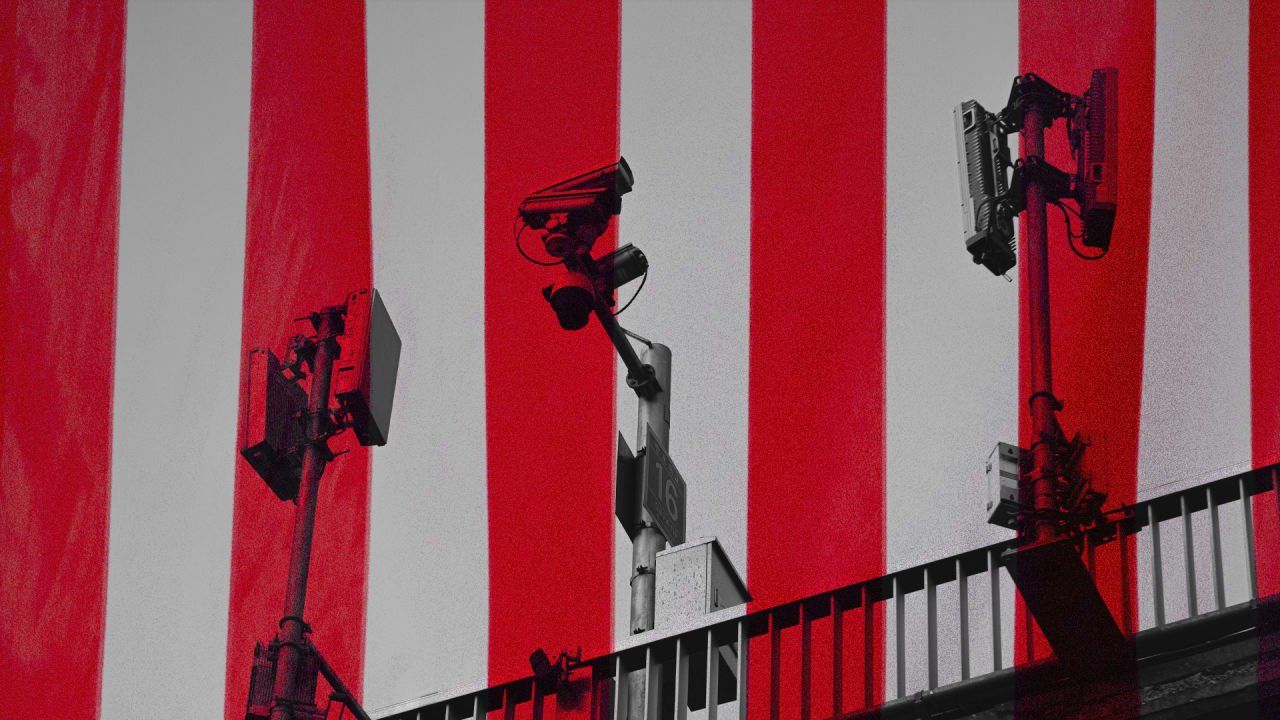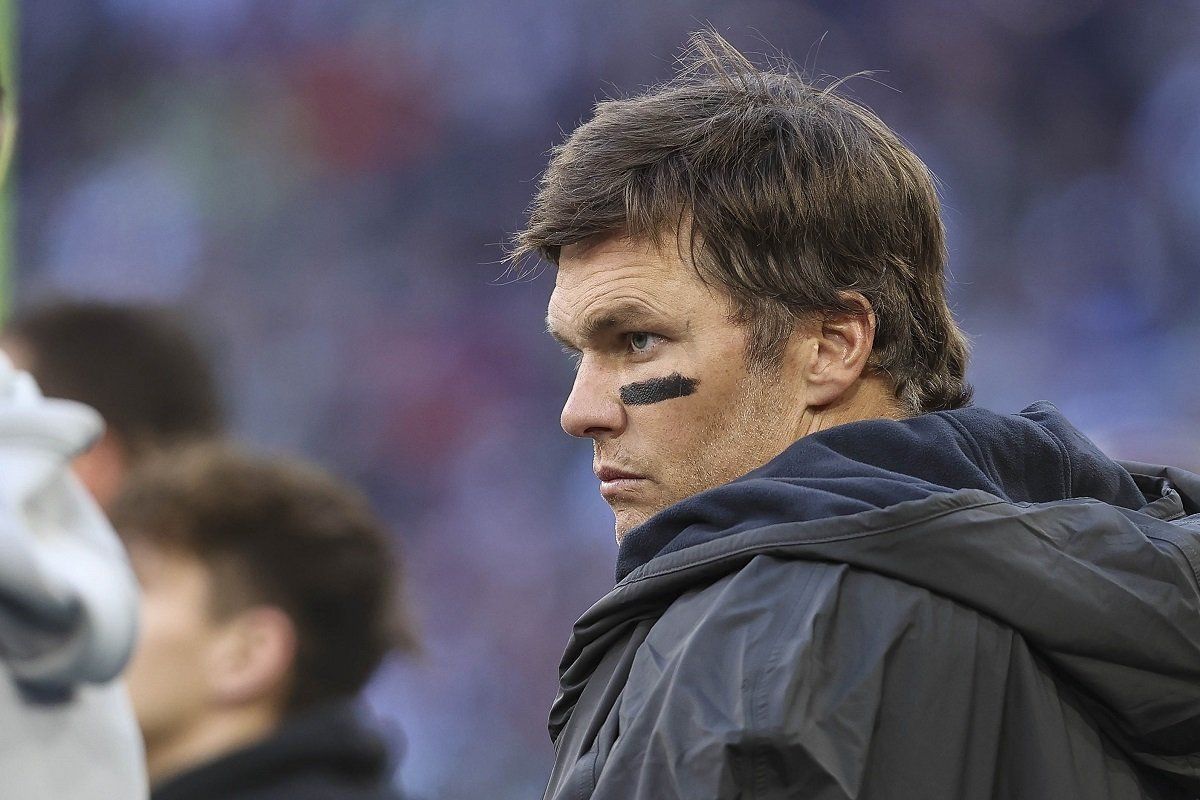
No one is watching the watchers
Nobody expects to be invisible on streets, at borders, or in shopping centers. But who has access to all that surveillance data, and how long it is stored? There is no single U.S. privacy law at the federal level, and states cope with a regulatory patchwork; only five states–California, Colorado, Connecticut, Utah and Virginia– have privacy laws.
It is possible to limit location tracking on your phone, but not to avoid it completely. Data brokers are supposed to mask your personally identifiable data before selling it. But this “ anonymization ” is meaningless since individuals are easily identified by cross-referencing additional data sets. This makes it easy for bounty hunters and stalkers to abuse the system.
The biggest risk to most people arises when there is a data breach , which is happening more often – whether it is a leaky app or careless hotel chain , a DMV data sale or a compromised credit bureau , or indeed a data brokering middleman whose cloud storage is hacked.
This illicit flow of data not only puts fuzzy notions of privacy in peril, but may put your addresses and passport numbers, biometric data and social media profiles, credit card numbers and dating profiles, health and insurance information, and more on sale.
Peter Krapp is a professor of film and media studies at the University of California, Irvine.





